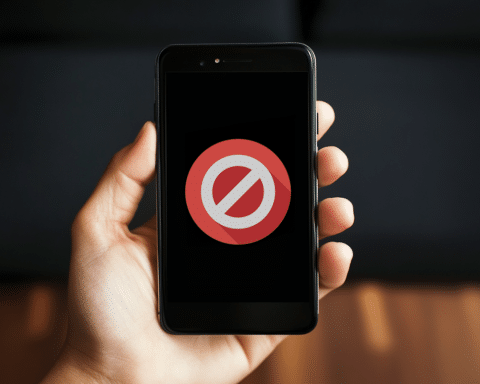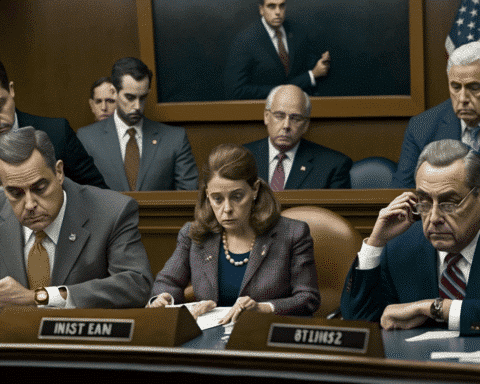The Biden administration has aimed at tech giants Apple and Google for operating mobile app stores that stifle competition. According to a Commerce Department report, the current app store model, led by Apple and Google, is “harmful to consumers and developers” as it inflates prices and reduces innovation. The report accuses the tech companies of having a stranglehold on the market, which squelches competition and creates unnecessary barriers and costs for app developers.
President Biden, who has called for reining in large tech firms in an op-ed in The Wall Street Journal in January, convened his competition council to update efforts to promote competition and lower prices. Biden has stated that his vision for the economy is one in which small and mid-sized businesses, entrepreneurs, and mom-and-pop shops can compete on a level playing field with the most prominent companies.
Apple responded to the report, stating that it respectfully disagreed with some conclusions. The company said that the report ignores their investments in innovation, privacy, and security, which contribute to why users love the iPhone and create a level playing field for small developers.
Additionally, the Consumer Financial Protection Bureau is working to limit late fees on credit cards. The Biden administration’s focus on promoting competition and lowering prices shows a commitment to creating a fair and equitable economy.
A legal battle over app store dominance is ongoing, with both Apple and Google defending their positions. Apple has defended its walled garden surrounding the iPhone app store, claiming that consumers value its protection of personal information. However, the company faces competition from various alternative video game providers. Meanwhile, Google has long defended itself against monopoly claims. A recent report by the Commerce Department suggests that new legislation and antitrust enforcement are necessary to increase competition in the app ecosystem.
In related news, the White House has announced that the Consumer Financial Protection Bureau will move forward with a proposed rule limiting credit card late fees. This rule is projected to save consumers roughly $9 billion in late fees annually, reducing typical late fees from $30 to $8 for missed payments. The rule could go into effect as soon as 2024. The director of the bureau, Rohit Chopra, explained that credit card companies used to charge small penalty amounts for missed payments, but once they realized the potential for profits, late fees surged, reaching as much as $41 for a missed payment. Consumers currently pay billions of dollars annually in late fees and the interest they owe. The Consumer Financial Protection Bureau was created after the Great Recession to serve as the nation’s financial watchdog agency.




